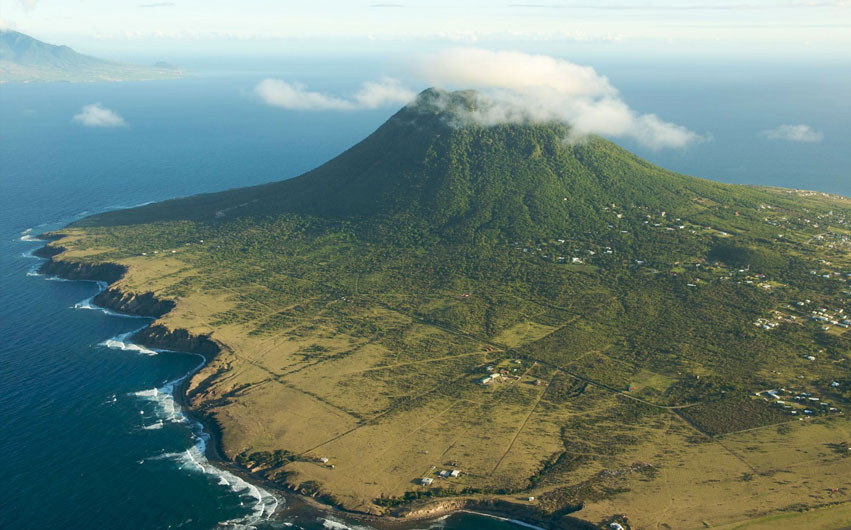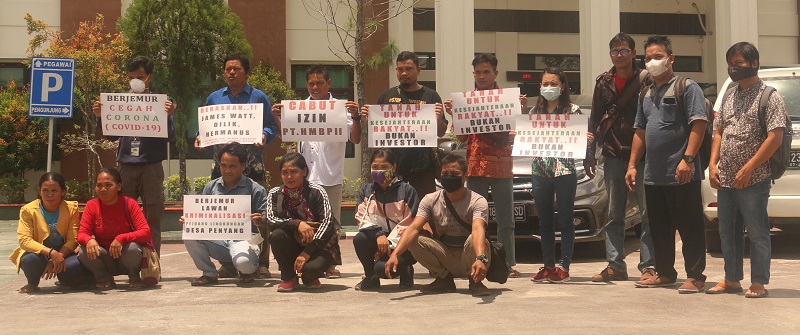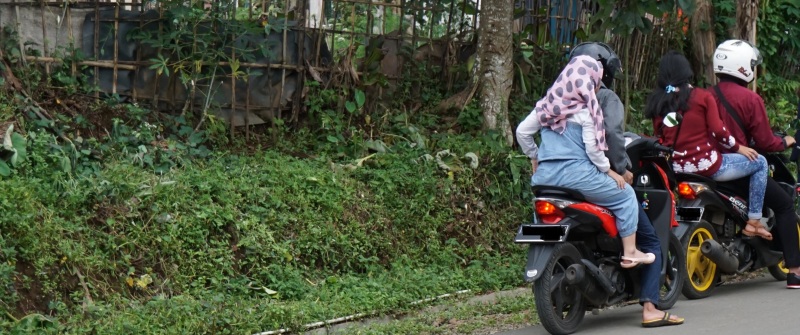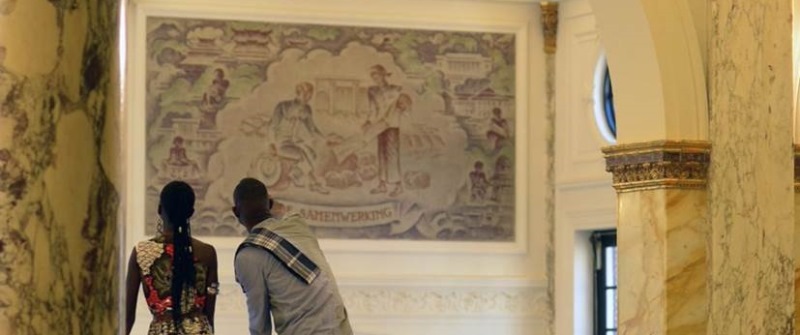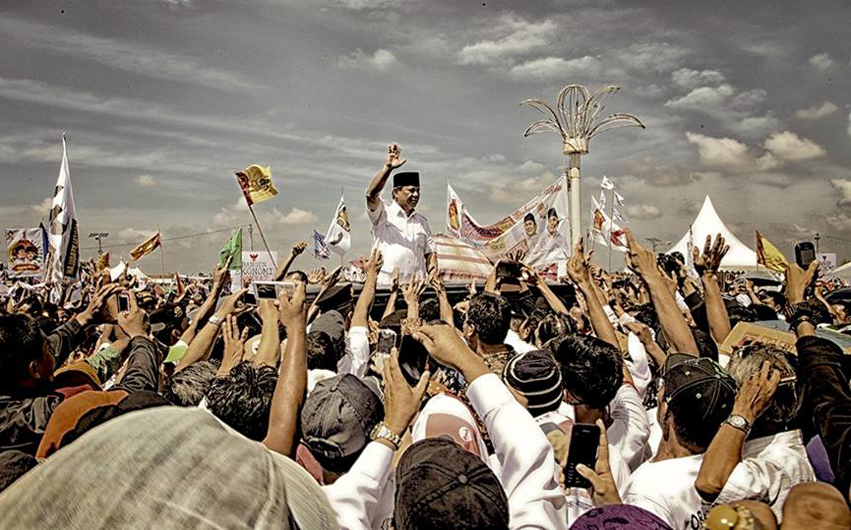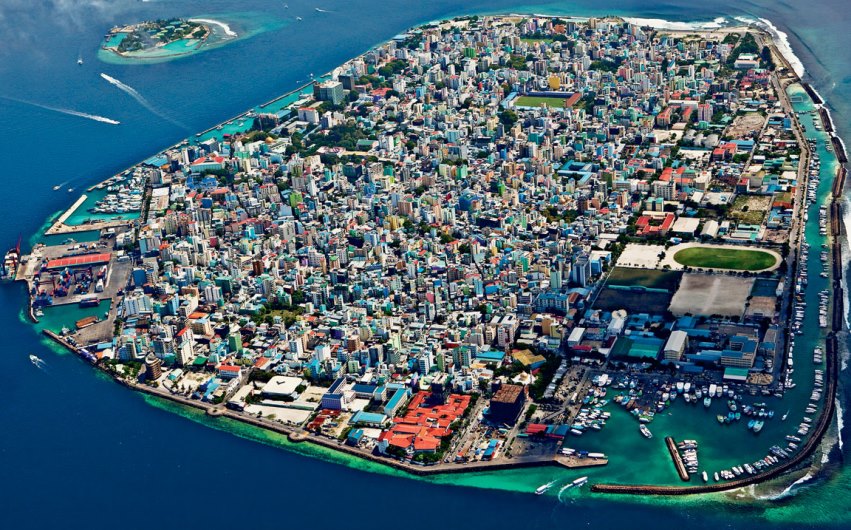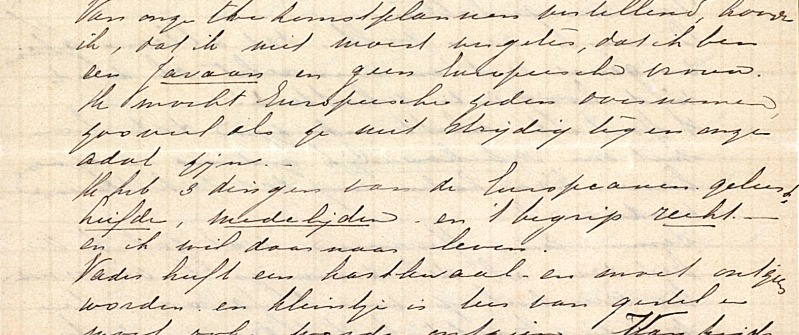Research in this theme focuses on regime change, political violence and the articulation of citizenship. It is directed at various levels of governance in order to investigate the embeddedness of the state in society, with a focus on violent conflicts and reconciliation, processes of ethnic, religious and national belonging, and the articulation of forms of citizenship. Over the past years, a series of externally funded projects in this area were conducted at the KITLV. These focused on changes at the regional level in Indonesia (‘Renegotiating Boundaries’, ‘In Search of Middle Indonesia’, ‘From Clients to Citizens’, and ‘Shifting Elite Networks’) as well as on decolonization and governance in the Caribbean.
How did political reforms and intensive migrations affect historically grounded identities and political practices on the Dutch Caribbean islands of Bonaire, St. Eustatius, St. Maarten, and Saba? This project seeks to answer this question by integrating multiple disciplines to analyze governance and identity in small-scale polities, with a particular focus on non-sovereignty, migration, and (sustainable) development.
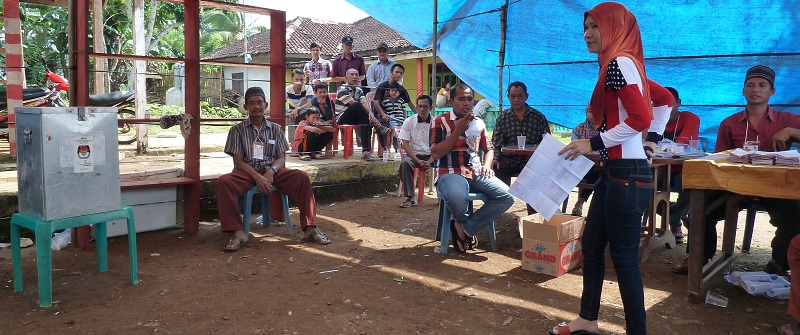
Expensive elections campaigns are a threat to democracies around the world, because they generate corruption and political inequality. Yet, due to methodological obstacles and a western bias in the current literature, we do not really know what makes election campaigns expensive. Employing a new methodology, this project studies the campaign expenditures of a thousand politicians from across India and Indonesia to explain why campaign expenditures vary. In doing so, this project aims to help reduce the role of money in elections to healthier levels.

Cyber troops and computational propaganda in Southeast Asia: A comparative study of public opinion manipulation
This research project studies comparatively how social media-based public opinion manipulation is organised in Thailand, the Philippines and Indonesia. Computational propaganda – the coordinated dissemination of political disinformation by networks of hired social media influencers (‘cyber troops’) – constitutes a considerable and growing threat for the quality of public debate and, consequently, democracy around the world. This threat is particularly pronounced in Southeast Asia, where high social media penetration and low newspaper readership provide perfect conditions for ‘buzzers’ (Indonesia), ‘keyboard warriors’ (Philippines), or ‘trolls’ (Thailand) to manipulate public opinion by spreading political disinformation.
‘From clients to citizens?‘ aims to understand the impact of Indonesia’s democratization process on everyday state-citizen interaction. To what extent is Indonesia’s democratic transition changing the way ordinary Indonesians relate to the state in terms of citizenship? How can we explain both the changes and the continuities?
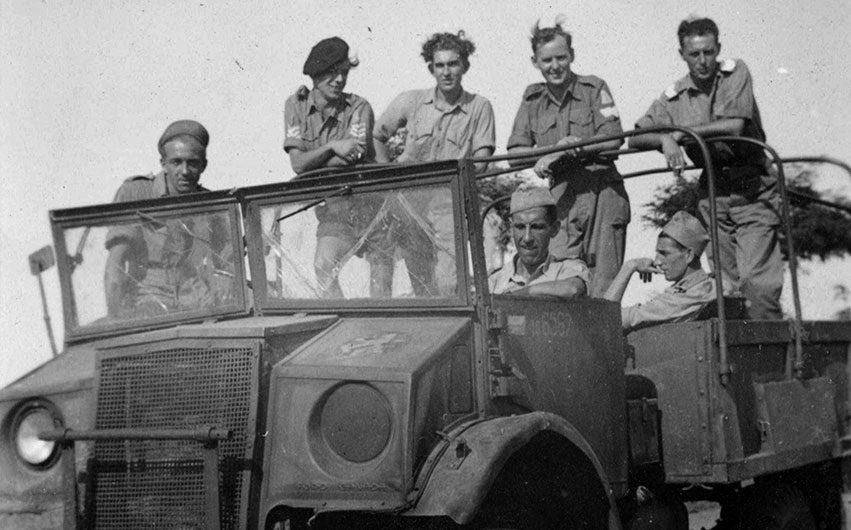
Independence, decolonisation, violence and war in Indonesia, 1945-1950
Independence, decolonisation, violence and war in Indonesia, 1945-1950 is a large-scale, joint inquiry carried out by KITLV, the Netherlands Institute for Military History (NIMH) and the NIOD Institute for War, Holocaust and Genocide Studies. The project has been made financially possible by the Dutch government, due to its decision on 2 December 2016 to lend its support to a broad inquiry into the events of this period.
Led by Henk Schulte Nordholt and (from August 2014 onwards) Dr Jacqueline Vel, this projects aims to coordinate three separate projects funded by the Dutch Indonesian SPIN Program: (1) Social and economic effects of partnering for sustainable change in agricultural commodity chains, coordinated by Prof. Pieter Glasbergen, Maastricht University and Prof. Bustanul Arifin, Agribusiness University of Lampung; (2) Local and regional dimensions in Indonesia’s social and economic development: a governance approach, coordinated by Prof. Henri de Groot, VU University Amsterdam and Prof. Ari Kuncoro, University of Indonesia; (3) From clients to citizens? Emerging citizenship in democratizing Indonesia, coordinated by Prof Gerry van Klinken and Prof Henk Schulte Nordholt (KITLV Leiden) and Prof Bambang Purwanto, UGM Yogyakarta.
Palm oil conflicts and access to justice in Indonesia
This project engages in a first-ever study of general patterns and outcomes of oil palm conflicts across Indonesia. The aim is to provide input for legal reform and governance initiatives that will strengthen the capacity of rural communities to address grievances caused by oil palm expansion. So far these conflicts have only been studied through case studies with an emphasis on failing judicial institutions. Using an innovative mixed methods approach, this project collaborates closely with local NGO’s to document 220 conflict cases. We will use this dataset to identify cases and causes of successful conflict resolution on the basis of which policy recommendations will be made.

Village governance in Indonesia
In 2022 it will be 55 years since the publication of Koentjaraningrat’s Villages in Indonesia. With contributions from some of the most outstanding Indonesia researchers at the time, the book was a comprehensive attempt to compare the character of villages across Indonesia. Since then villages have become even more important: various reform measures – most notably the 2014 village law – have not only given village institutions more power and budgets but also stimulated popular participation in village affairs. Rural Indonesians living in the country’s 70 thousand villages mainly interact with their government through village institutions.
Individual projects
Hoko Horii has been a PhD candidate at the Royal Netherlands Institute of Southeast Asian and Caribbean Studies (KITLV) and the Van Vollenhoven Institute since March 2016. Hoko’s research tries to understand the reasons behind the persisting gap between international human rights standards and social practice regarding child marriage in Indonesia, focusing on the co-existence of conflicting norms within the Indonesian legal system. This research project is partly funded by the Toyota Foundation (2016-2018).
In the 2012 documentary La Javanaise by Wendelien van Oldenborgh the Surinamese-Dutch artist Charl Landvreugd, depicted in this photograph, visits the Tropenmuseum in Amsterdam. Throughout the film, he feels alienated by the colonial perspective offered by the museum to the point that he says: “I don’t know if I would come here with my child.” This feeling of exclusion is more widely shared in the Netherlands, for instance by a group called “Decolonize the Museum”, which confronts precisely the colonial ideas and practices present in many museums. In the humanities, we have a lot of sophisticated theories on processes of in- and exclusion, but we still know very little about the actual ways in which museums in the Netherlands include certain groups and perspectives and exclude others.
Through a combination of ethnographic fieldwork with an expert survey, this project studies and compares clientelistic politics across Indonesia.
Political clientelism refers to the practice of exchanging electoral support for personal benefits. Since this exchange relationship between voter and politician is blamed for various societal ills – ranging from inefficient governance and economic stagnation to ethnic violence – we need to know why and how a democracy becomes more (or less) clientelistic. Yet we lack analytical tools to establish the extent to which a political system is clientelistic and we lack reliable quantitative data that would allow for systematic comparisons.
Why are small states significantly more stable than large ones, despite the weakness of political institutions and the prevalence of personalistic politics? Which factors contribute to the absence of major political crises and violence in small states? And who are the key actors involved in these processes?
Scholarly work on legal history in colonial Indonesia (1816–1942) has focused on the various legal projects – European, indigenous, and Islamic – in this Dutch colony and on individual rights struggles by Europeans. Through an analysis of novels, letters, pamphlets and other texts written by Indonesians in the period 1900-1945, this project starts to answer a different question, namely, how Indonesians living with the Dutch colonial project have themselves written about their legal positioning, and specifically about individual rights.
OUR PROJECTS
KITLV/Royal Netherlands Institute of Southeast Asian and Caribbean Studies initiates and coordinates innovative research projects on Southeast Asia and the Caribbean. It engages in research that is theoretically informed, compara- tive, and empirically strong. Research on both regions focuses on contemporary developments as well as on historical themes. This page lists the research projects ongoing at KITLV and in collaboration with other departments and institutions.
Click here to review the research projects that have been completed since 2014, the year KITLV was established as a new research institute.




